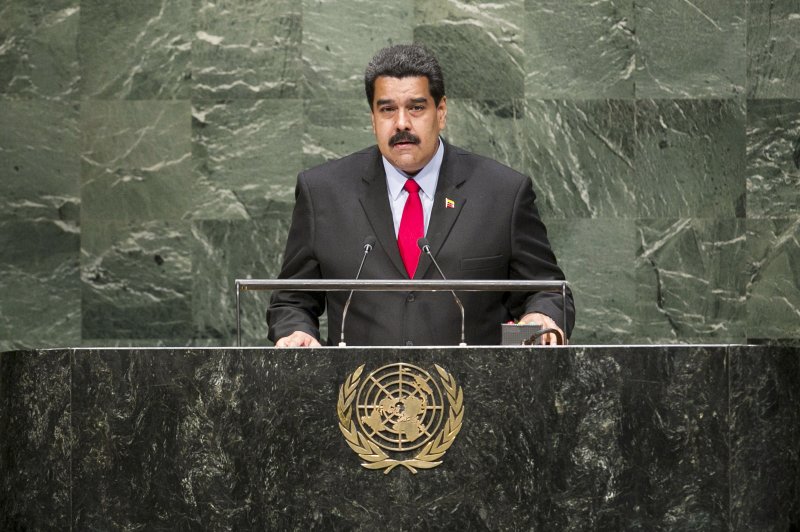CARACAS, Venezuela, July 5 (UPI) -- Venezuelan President Nicolas Maduro on Monday said nationwide electricity rationing has ended as the drought-stricken Guri hydroelectric dam has "recovered."
Maduro in late April began a 40-day program to ration electricity to four hours a day in 10 of Venezuela's 23 states. On Monday, Maduro said the Guri dam "recovered and we're in a position where we can resume normal service."















